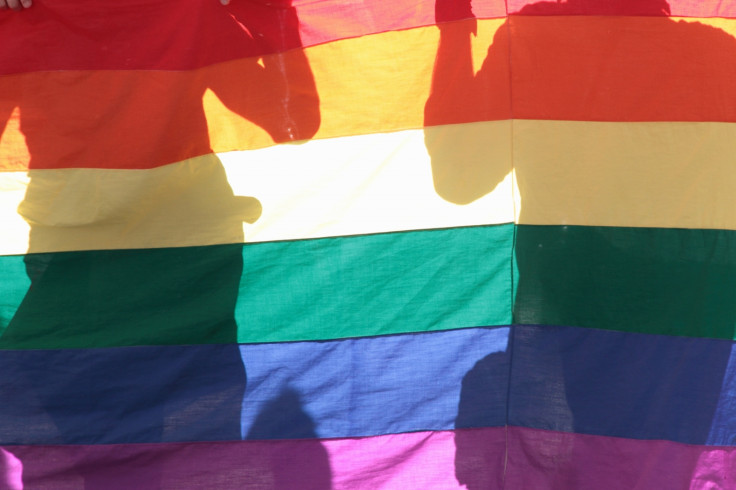Election 2015: 'From verbal abuse to being spat on, we need to report LGBT hate crime'

One in six lesbian, gay, bisexual and transgender people have experienced a hate crime in the last three years; one in ten of those victims experienced a physical assault; and perhaps just as worryingly, two-thirds of victims didn't report their assault.
In spite of significant improvements to legal protections, LGBT people are still subject to violence and intimidation – something campaigners are pushing politicians to address in the weeks before the general election.
As the campaign trail continues, IBTimes UK spoke to Sam Dick, director of campaigns at Stonewall, about what the parties need to do to address hate crime.
"The biggest reason why people don't report everything -- from verbal abuse to being spat on in the street -- is because they don't think it is serious enough to report," Dick says. "They don't think it is serious enough to report because it is so commonplace to them – it is just too bothersome to report every time someone calls you a faggot or a dyke.
"While we have seen progresses and development from the Home Office and the police, so that when incidences are reported they are recorded, nothing really has been done to try to communicate to LGBT people why they need to report hate crimes," he says.
Stonewall released an equality manifesto after the dissolution of Parliament at the end of last month, in which the charity calls for homophobic, biphobic and transphobic hate crime to be added to the list of "aggravated" offences – alongside hate crime based on race or religion. To really tackle the problem, Dick says, the next government needs to spearhead a campaign to encourage LGBT people to report all incidences of hate time – belying the notion that some incidents are not serious enough to be abolished.
"For LGBT people – including myself – I think people are still under the assumption that you can walk down the street holding hands with your partner and all is fine – it is not," Dick says. "It is really important that people are encouraged to report any abuse and that the process is made as simple as possible.
"Someone might not be arrested, but that intelligence is captured and used to prevent far more serious incidences taking place."
There have been significant steps forward in LGBT rights in Britain in the last few years, such as the legalisation of same-sex marriage. Yet in 2014, some of the UK's largest police forces recorded a rise in the number of violent homophobic crimes this year.
Scotland Yard recorded 1,073 violent homophobic offences between January and October. While charities said it was encouraging that more victims were reporting their experiences, many still feel silenced by their abuse.
"We are in 2015. It cannot be too complex for police forces to develop a campaign that encourages victims to report their crimes and makes it easy to do so," Dick says. "Why in this age do we not have a simple system where people can report abuse in their community?"
According to the hate crime charity Galop, the police record over 4,000 homophobic crimes -- but this figure is dwarfed by the 39,000 homophobic crimes that take place each year according to government estimates. The extent of abuse is such that it has become normal for LGBT people to adapt their lives to hide their sexuality.
"In 2013, research by Stonewall found a quarter of lesbian, gay and bisexual people felt they needed to alter their behaviour so they were not perceived as gay. This meant everything from dressing or acting differently to avoiding public transport at certain times," Dick says.
"The wider population don't realise this is the day-to-day experience of LGBT people and many have come to accept that this is just the way it is. There should be no reason why a person cannot hold the hand of their same-sex partner in 2015."
© Copyright IBTimes 2025. All rights reserved.






















